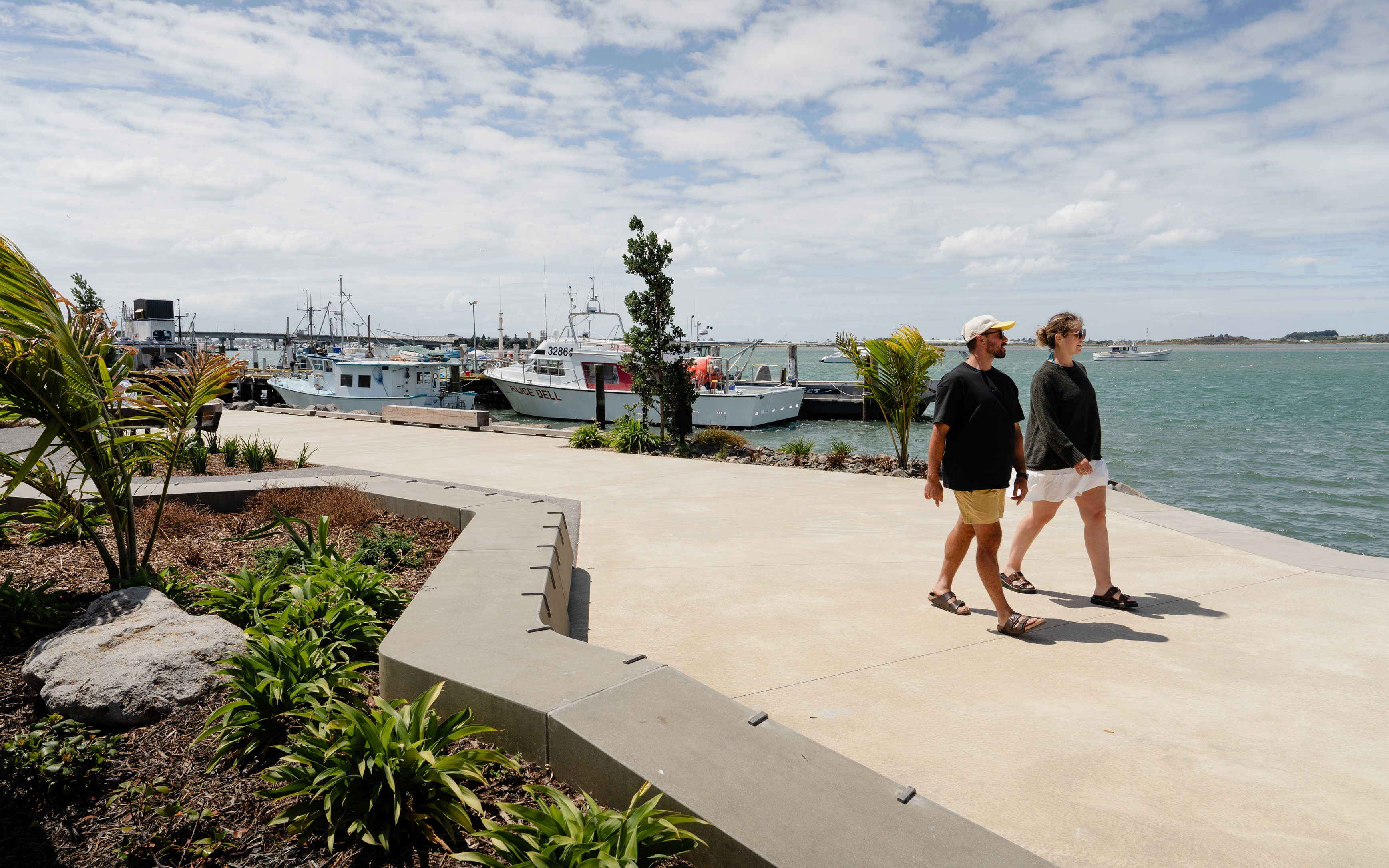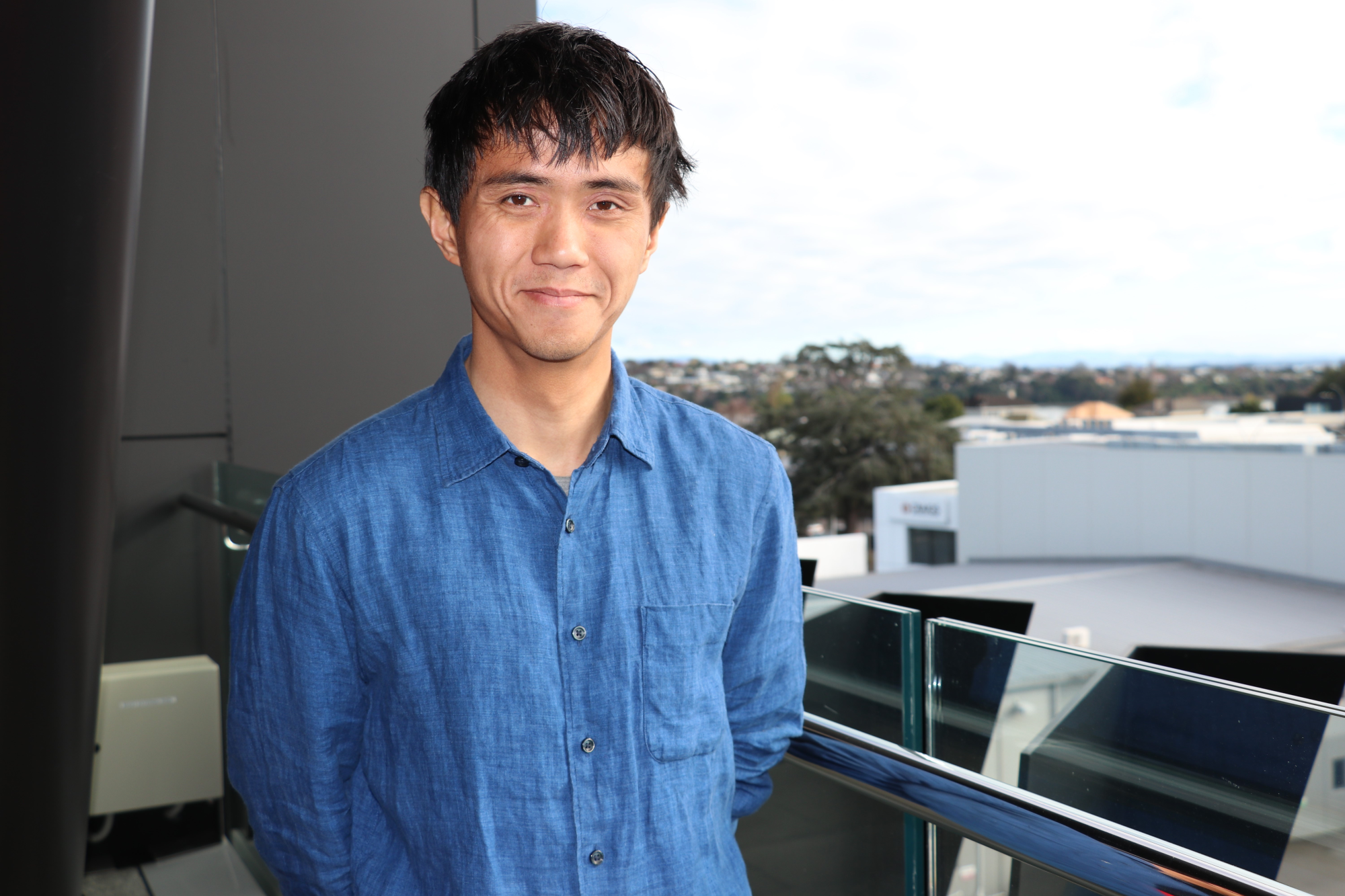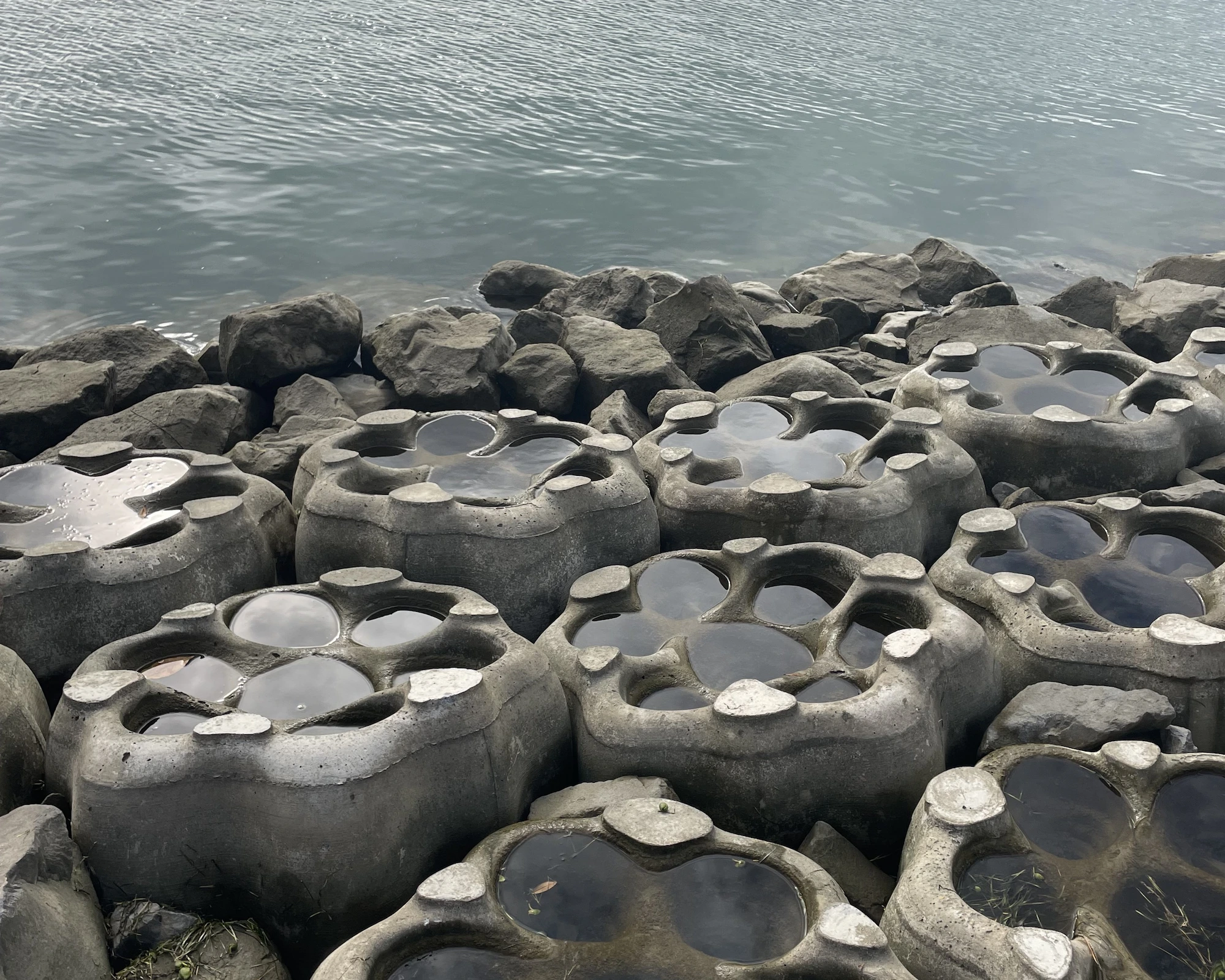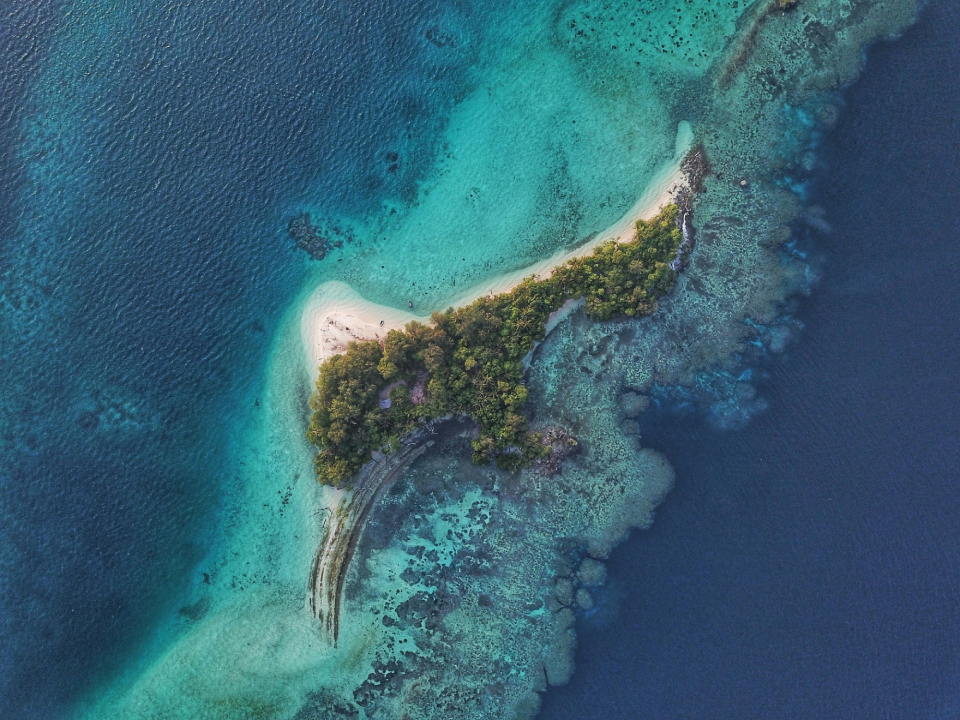University of Waikato researchers are leading a series of new projects from studying how our soils can help combat climate change, to designing how to better teach Māori history as part of Aotearoa’s new curriculum reset, all supported by the Royal Society’s Marsden Fund.
The three-year Marsden Fund grants support researchers to pursue their best ideas to transform understanding and create significant transformation for New Zealand and the world.
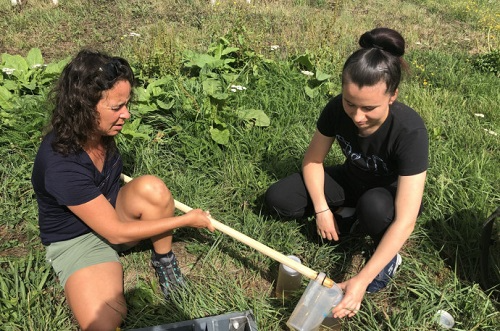
Dr Dorisel Torres-Rojas (left) will investigate a previously neglected pathway for ammonia retention in soils, with potential to improve soil fertility and reduce greenhouse gas emissions.
Waikato researchers were successful with projects covering broad areas from climate change, engineering, science, psychology and history.
Among the projects is a study to understand how soils can act as a permanent sink for nitrogen, which in its various chemical forms can be a potent greenhouse gas contributing to climate change.
Further projects include research using carbon in marine shells to help more accurately date and understand historic environmental trends and the impact they had on early Māori. A separate project aims to help develop the best pedagogies to teach Māori history in New Zealand schools, and assist the understanding of Māori history concepts and content to be rolled out to New Zealand students in 2022.
Deputy Vice-Chancellor Research, Professor Bryony James, says the breadth of successful research subjects showed how the expertise of University staff was being supported across all frontiers.
Projects supported by the Marsden Fund are at the leading edge of knowledge, as judged by international assessors, and it is great to see this recognition of our world class researchers creating significant outcomes, both for New Zealand and globally.
Other projects will see researchers from the School of Engineering investigate how infrared imaging can be used to diagnose the structural integrity of infrastructure. A separate project will also work on understanding how to efficiently cool electronics, making them more powerful and last longer because they don’t heat up as much.
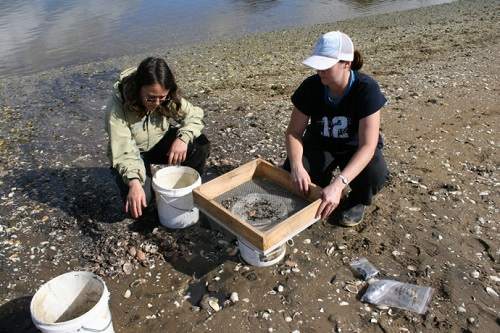
Dr Fiona Petchey (left) sampling shell and charcoal from coastal Māori midden for radiocarbon dating. Image: Louise Furey.
Researchers in the School of Social Science will also investigate the experiences of intersex New Zealanders to help improve both their journey in the health system and their wellbeing.
“The projects funded will develop novel ways to deal with some of our biggest challenges, socially, environmentally and economically. We’re excited to see what results our researchers come up with,” says Professor James.
University of Waikato Marsden Fund 2021 winners (Principal Investigators) and their project titles are as follows. Details of all award winners and project abstracts can be found on the Royal Society Te Apārangi news story Marsden Fund supports innovative research in Aotearoa.
Standard grants
Dr Fei Yang. Advancing understanding of atomic-scale interface formation and heat transfer in composite materials.
Associate Professor Fiona Petchey. Accurately dating the Māori past using marine shells.
Professor Katrina Roen and Professor Louisa Allen, University of Auckland. Beyond the cycle of shame and silence: A relational study of intersex experience.
Dr Nēpia Mahuika (Ngāti Porou) and Dr Richard Manning, University of Canterbury. Ngā Hanganga Mātua o te Whakaako Hitori: Critical Pedagogies for History Educators in Aotearoa New Zealand.
Fast-Start grants
Dr Rachael Tighe. Thermoelastic stress tomography: using heat to detect, map and quantify the effect of hidden defects.
Dr Dorisel Torres-Rojas. Soil organics matter: exploring abiotic pathways to mitigation of agricultural nitrous oxide emissions
